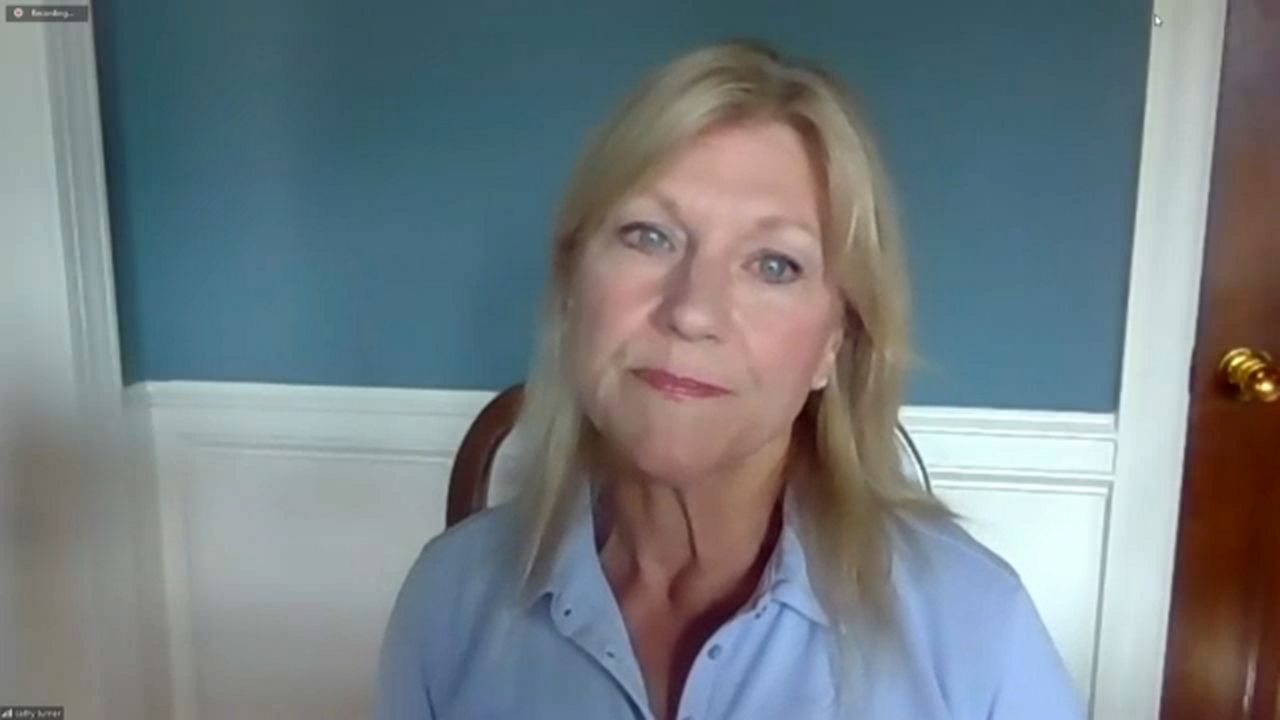Following Simone Biles withdrawal from competitions in the Tokyo Games this week, Spectrum News 1 spoke to a Rochester native who competed years ago about athletes navigating stress and mental health on the big stage.
“First of all, I sympathize with Simone," said Cathy Turner, a short-track speed skater. "The fact that she could have gotten very hurt, the fact that she lost her focus in my opinion, or for whatever reason, maybe fear of failure."
The two-time gold medalist supports Biles after she withdrew from competition over mental health concerns.
“It happens, I’ve been there, it’s scary in more ways than one especially when you’re the favorite,” said Turner.
The athlete says it never happened at the games, but it was something she struggled with at a younger age when facing the best skaters.
“I would get a sick feeling inside of me, like what if I don’t win, that kind of feeling,” said Turner. “And I would 'come down with the flu all of a sudden' and actually not skate. So that fear of failure was my worst obstacle that I had to overcome.”
While her days of competition have passed, Cathy Turner says focus helped her overcome that fear of failure.
“Everything had to be that way in order to succeed at the games, so I worked really hard, of course physically, you have to be physically prepared, but the mental part was the hardest part for,” she said.
Turner says she was the only team member to work with a sports psychologist at a time when many were just starting to realize the benefits.
“If I hadn’t started working with Brad Olson and learned about imagery and about visualization, and seeing myself accomplish what I’m out there to do, I never would be able to bring those medals home, there’s no way,” said Turner.
The short-track speed skater competed in three winter games in the 1990s. Focusing led her to two gold medals, a silver and a bronze, but more than a decade earlier in 1980, Turner retired because of burnout and pressure from her father.
“I had to do it, because I had my dad, I had to win or I wasn’t a somebody kind of thing,” said Turner.
She returned after nine years of retirement and later qualified for the 1992 games where she won her first gold medal.
“I think the reason that I was so successful was because I did it for me," she said. "You know I didn’t do it for nobody else, my dad wasn’t around at that time, I was doing it for me, by myself and getting better because I wanted to be the best.”
Cathy Turner’s advice to fellow athletes is simple.
“If you want to succeed at an Olympic level today, you really need to be mentally prepared, and it’s actually more work,” said Turner.



